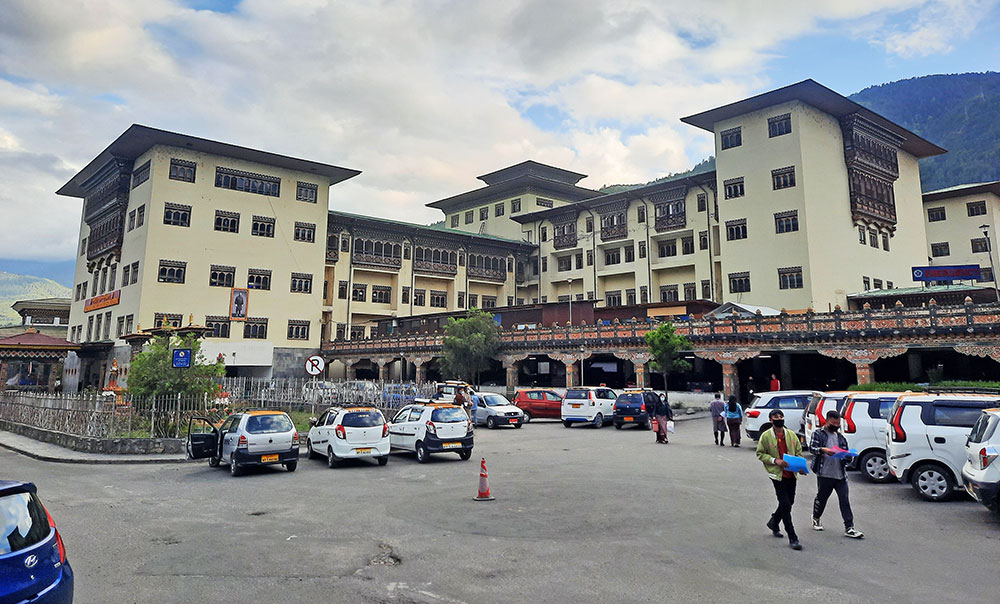Jigmi Wangdi
The attrition rate at the national referral hospital is at least 12 percent according to Health Minister Dechen Wangmo.
While the attrition across the Ministry of Health is between seven to eight percent, the higher rate of attrition explains the concerns among both the health personnel and patients about service quality.
Lyonpo said, “Attrition rate for now, is mostly happening at JDWNRH.”
She said that the ministry has been keeping a close watch to monitor the attrition rate and has recruited people on a contract basis including remobilising the health workforce from within the country.
“We are also requesting the health workers to notify about the submission of their resignation at least six months earlier so that we can plan replacements to ensure that there is minimal disruption to the services,” Lyonpo said.
Lyonpo added that the ministry has another strategy in place. “If the attrition falls above 10 percent, then we are also considering recruitment from outside. This is currently being explored by the National Medical Services.”
She said that internationally if the rate is below 10 percent, health workers should be able to handle the services through task-shifting.
“There has not been any negative effect on the delivery of services right now,” said Lyonpo Dechen.
Lyonpo added that outside of the health workforce, there is not a single individual who has not been recruited. “We have had almost 100 percent absorption.”
“In the long term, we have also realised that investment in building the institution is important. If you look at the intake of nurses, even in the private sector, we have an intake rate of 170 percent nurses being recruited,” Lyonpo added.
She added that the MBBS programme was started in the country to address the attrition issues in the long run.
According to sources, JDWNRH has seen at least 60 health workers leave in the past month, with more planning to leave.
The remaining health workers have said that they are facing issues because of the shortage of medical staff in the hospital.
“The main issue is the shortage of nurses and ward boys right now. Assessing a patient in the emergency ward usually takes around 10 minutes, after which the nurses would be directed by the doctors to assist the patient depending on the patient’s illness. But since there is a shortage of nurses right now, the services get delayed,” a health worker said.
“We have around 50 doctors carrying out their residency at JDWNRH right now and we have to do more work compared to the general doctors. There is also an issue with the pay structure among the residency doctors, mainly because it is uneven. Some are getting their salary with the total increments while others are not, which is somewhat demotivating,” a health worker said.
Another health worker said that the hospital is facing an acute shortage of specialised doctors at the moment.


